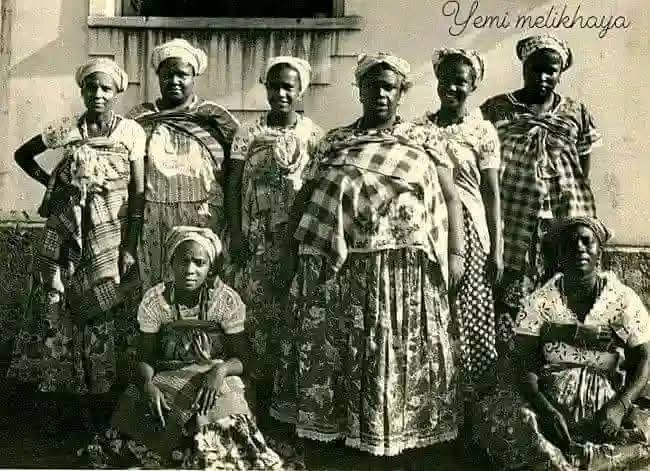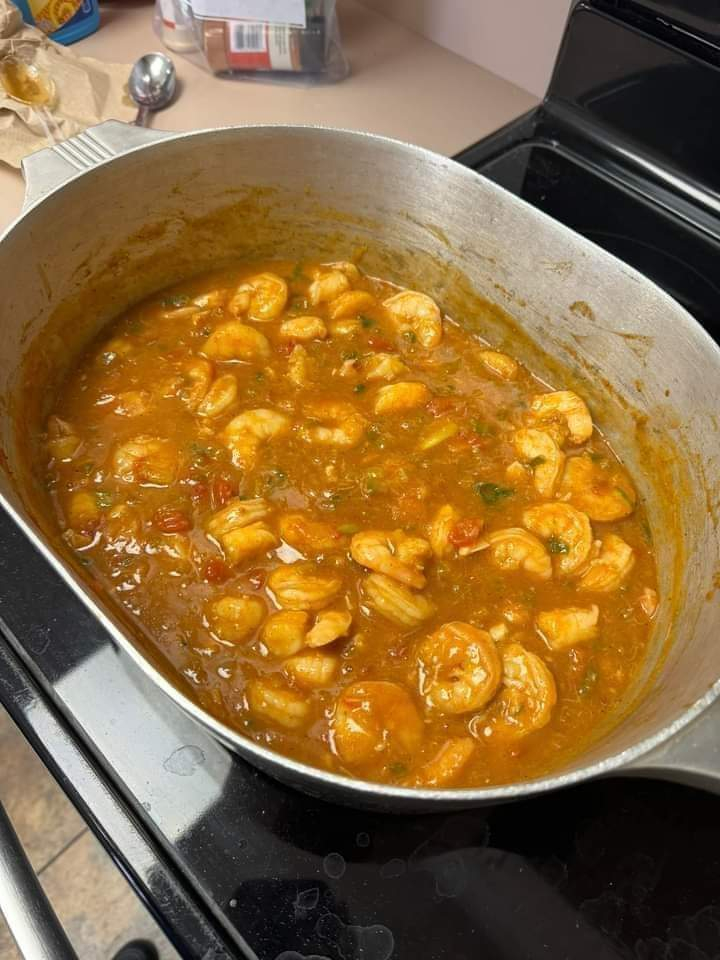The Gullah are an African American ethnic group who predominantly live in the Lowcountry region of the U.S. states of Georgia, Florida, South Carolina, and North Carolina, within the coastal plain and the Sea Islands.The Gullah Geechee people are descendants of Africans who were ens|aved on the rice, indigo and Sea Island cotton plantations of the lower Atlantic coast. Many came from the rice-growing region of West Africa. The nature of their enslavement on isolated island and coastal plantations created a unique culture with deep African retentions that are clearly visible in the Gullah Geechee people’s distinctive arts, crafts, foodways, music, and language.Gullah Geechee is a unique, creole language spoken in the coastal areas of North Carolina, South Carolina, Georgia and Florida. The Gullah Geechee language began as a simplified form of communication among people who spoke many different languages including €uropean s.lave traders, s|ave owners and diverse, African ethnic groups. The vocabulary and grammatical roots come from African and European languages. It is the only distinctly, African creole language in the United States and it has influenced traditional Southern vocabulary and speech patterns.
The Gullah are an African American ethnic group who predominantly live in the Lowcountry region of the U.S. states of Georgia, Florida, South Carolina, and North Carolina, within the coastal plain and the Sea Islands.The Gullah Geechee people are descendants of Africans who were ens|aved on the rice, indigo and Sea Island cotton plantations of the lower Atlantic coast. Many came from the rice-growing region of West Africa. The nature of their enslavement on isolated island and coastal plantations created a unique culture with deep African retentions that are clearly visible in the Gullah Geechee people’s distinctive arts, crafts, foodways, music, and language.Gullah Geechee is a unique, creole language spoken in the coastal areas of North Carolina, South Carolina, Georgia and Florida. The Gullah Geechee language began as a simplified form of communication among people who spoke many different languages including €uropean s.lave traders, s|ave owners and diverse, African ethnic groups. The vocabulary and grammatical roots come from African and European languages. It is the only distinctly, African creole language in the United States and it has influenced traditional Southern vocabulary and speech patterns.
0 Comments
0 Shares



